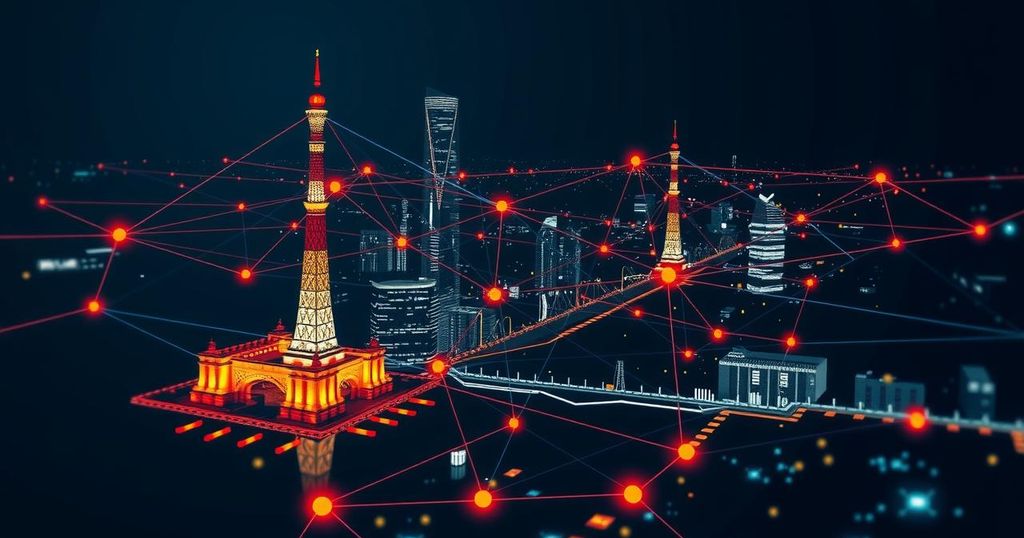Buenos Aires is adopting a blockchain-based self-sovereign identity (SSI) protocol through QuarkID for its digital identity app, miBA. Starting in October, about 3.6 million users will gain decentralized digital identities that provide enhanced security and ownership over personal data. This marks a significant shift from centralized identity management, aiming to improve access to government services and increase privacy while adhering to international standards.
Buenos Aires, the capital of Argentina, is transitioning its digital identity management from a centralized framework to a decentralized model by incorporating a self-sovereign identity (SSI) protocol powered by blockchain technology. Beginning in October, approximately 3.6 million users of the miBA application, a digital platform for accessing government services, will possess decentralized digital identities (DIDs) that function independently of a central authority. This transformation aims to grant residents ownership over their digital credentials, marking Buenos Aires as the first municipality globally to undertake such an initiative, as per Diego Fernández, the city’s Secretary of Innovation and Digital Transformation. Since establishing the framework last year, the Argentine Ministry of Innovation and Digital Transformation has worked to integrate the open-source QuarkID protocol within the miBA app. This shift allows the government to issue unique identifiers that can be used for verification without central oversight. Fernández noted that the development of the QuarkID protocol aimed to provide both citizens and the government security through blockchain technology in managing official documents inside their miBA wallets. The framework is designed in accordance with global standards, drawing from guidelines by organizations such as W3C, Trust Over IP, and the Sovrin Foundation. QuarkID utilizes asymmetric cryptography and blockchain for enhanced control over personal information. Collaboration with firms like Extrimian has led to the implementation of QuarkID, which operates on ZkSync, a zero-knowledge Ethereum scaling solution that delivers secure decentralized digital identities. User access within the miBA app will expand to over 60 types of documents, encompassing essential civic documents like birth certificates and marriage licenses. The advantages of deploying QuarkID extend to private enterprises, allowing them to issue verifiable credentials and utilize decentralized identity verification for services like voting and benefits distribution. Financial institutions can leverage citizen credentials for Know Your Customer (KYC) compliance. Notably, QuarkID has been acknowledged as a Digital Public Good by the UN for its contributions toward sustainable development.
The move towards decentralized digital identity systems is gaining momentum globally, driven by the demand for greater data privacy and user control. Traditional centralized identity management raises concerns about security and privacy, as users relinquish control over their data to centralized entities. In contrast, self-sovereign identity (SSI) solutions like QuarkID leverage blockchain technology to empower users with ownership of their identity and credentials. Buenos Aires’ project represents a pioneering approach in public digital identity management by providing residents with a portable and secure means to manage personal information without external oversight.
Buenos Aires is setting a precedent in implementing decentralized digital identity frameworks through QuarkID, empowering residents with ownership and control over their identities. The integration of SSI into the miBA platform aligns with global standards for digital identity management and addresses significant privacy concerns. By making this transition, Buenos Aires is not only enhancing civic engagement by facilitating easier access to government services but also laying the groundwork for advanced identity verification methods in both public and private sectors.
Original Source: www.biometricupdate.com





